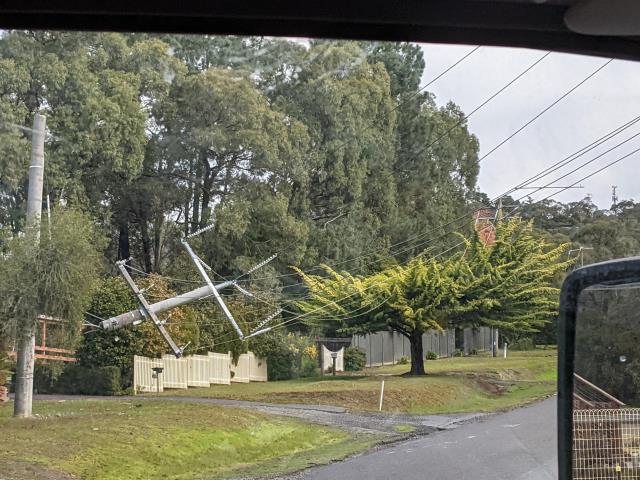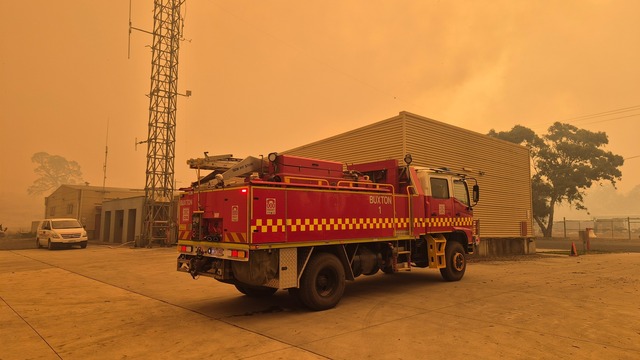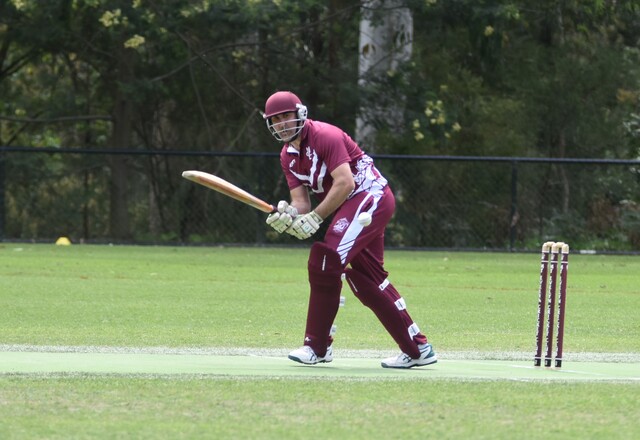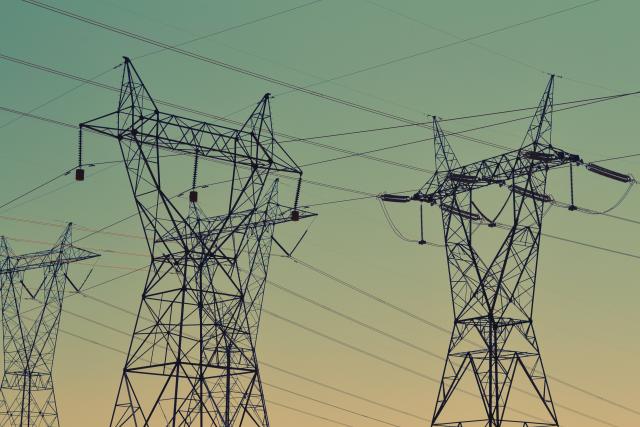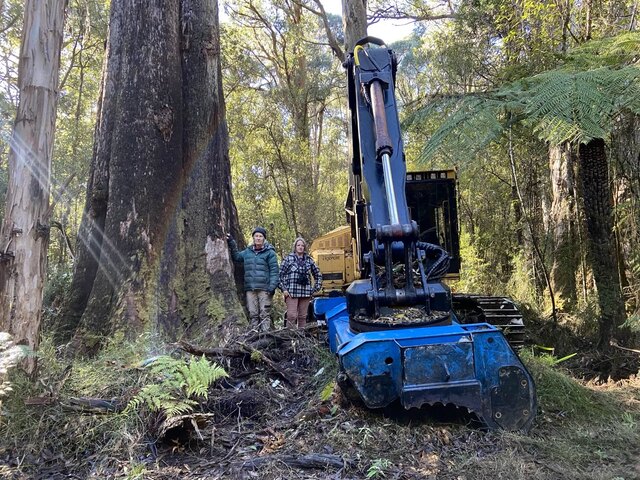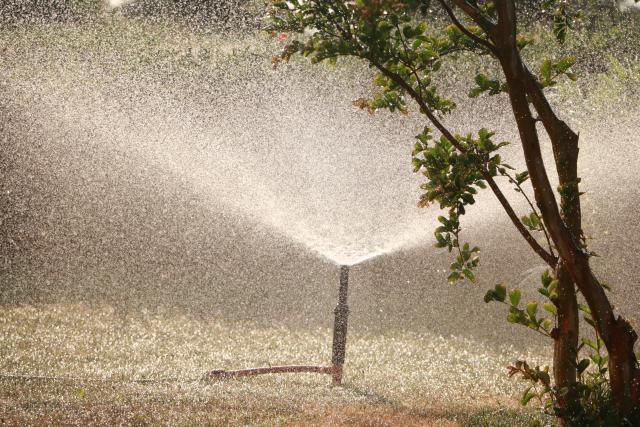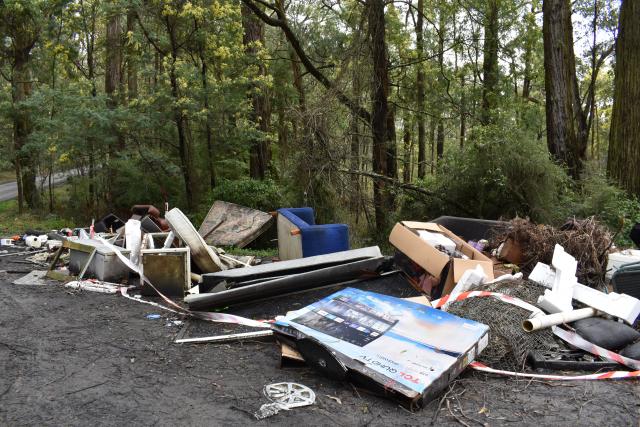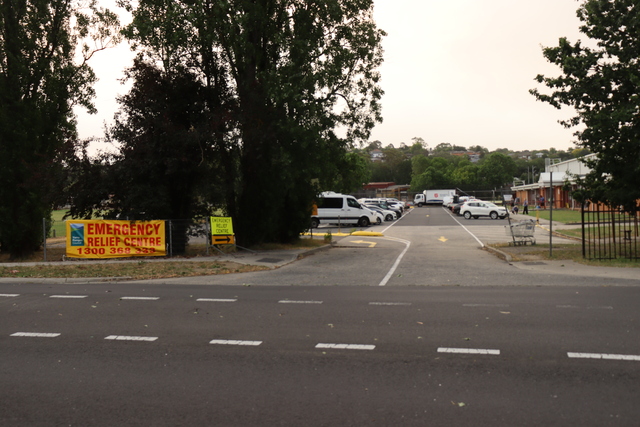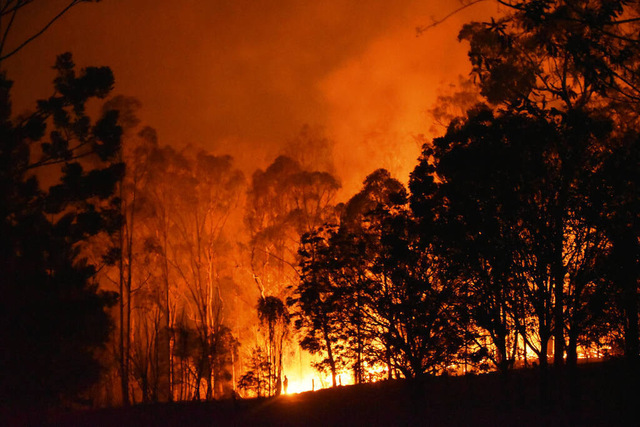One year on, residents in the Dandenong Ranges are struggling to point out improvements to the vital infrastructure which failed them during the devastating June 2021 storm event.
Connecting Victoria, the Victorian Government’s $550 million program to fast track better mobile coverage and broadband access throughout the state, has yet to announce any projects to tackle the mobile black spots, poor internet coverage and telecommunications issues plaguing the region.
Sassafras resident Peter Brennan collaborated with Connecting Victoria to gather crowd-sourced data on black spots and interview businesses and locals. He has campaigned for years for better connectivity and action on telecommunications for the hills community since the Black Saturday bushfires in 2009.
Mr Brennan said 12 months on from the storms, he is struggling to find out what has changed and what work has been done to secure vital infrastructure.
“The reality is that both storms and bushfires are part of our future reality,” Mr Brennan said.
“In terms of basic infrastructure, do we have a more secure electricity system? That’s debatable. Have we got a more resilient telecommunications system?”
Monbulk MP and Deputy Premier James Merlino was asked what has been done to make telecommunications and electricity in the region more resilient, and why no projects have been announced through the Connecting Victoria program for the Dandenong Ranges. His office did not respond by deadline.
A spokesperson for the Federal Department of Infrastructure said three Telstra mobile base stations in the area were commissioned in 2019 and 2021.
“These base stations were co-funded through the Mobile Black Spot Program and have all been equipped with at least 12 hours of battery backup,” the spokesperson said.
“To improve Australia’s disaster readiness, the Australian Government has committed to investing up to $200 million per year on disaster prevention and resilience, including improvements to telecommunications infrastructure. This funding will provide opportunities for additional resilience work to be undertaken.”
All three mobile base stations were funded and started construction before the June 2021 storm event.
The National Recovery and Resilience Agency, formed in May 2021 in response to the Royal Commission into National Natural Disaster Arrangements, awarded Yarra Ranges Council $10 million for the Resilient Yarra Ranges Project in April 2022.
The project includes a joint venture from Monash University and Yarra Ranges Council to assess “the feasibility for a resilient microgrid across essential buildings in Monbulk” and upgrade community buildings owned by council with “generator pug-in point and/or solar power capabilities”.
On March 29, Yarra Ranges Council called for mobile connectivity, NBN and broadband strength and emergency resilience issues to be addressed during the 2022 federal election.
Mayor Jim Child said residents in the region rely on telecommunications to operate during daily life and in emergency situations.
“We had mobile towers that failed because they weren’t powered, we had telephone exchanges that failed because they weren’t powered,” he said.
“We’ve found out that probably 98 per cent of our communities and people rely on communications through telecommunications to actually get the information that they need in times of disaster.”
A survey of 24,000 sites across the Yarra Valley and Dandenong Ranges found around 25 per cent of them were experiencing telecommunications difficulties. A council storm survey found internet and power outages have increased by 31 and 41 per cent respectively since June 2021.
Connecting Victoria’s own connectivity report, released on 1 February 2022, showed nearby municipalities had received funded projects despite having lower rates of broadband and connectivity issues compared to the Dandenong Ranges.
Mr Brennan said there is currently a lack of coherency and strategic alignment in government needed to solve issues in the region.
“Not just make statements but to actually do the things that need to be done in the community right now,” he said.
“I don’t see a willingness on behalf of our local politicians, possibly with the exception of Cathrine Burnett-Wake in the Victorian Senate, who’s asking the question of what has been done, where are all these reports, what are the findings?”
Ms Burnett-Wake, who is an MP for Eastern Victoria, said in a statement Mr Brennan had done a marvellous job collecting on the ground data about telecommunications issues in the Dandenong Ranges but the area does not appear to be on the government’s current map of areas to prioritise.
“This is disappointing because in the Dandenongs every day without adequate connectivity is another day of risk,” she said.
“A reliable network should be a priority, particularly given the lessons of last year’s storm and the fact this area is prone to extreme weather events. I will continue to raise our telecommunication issues in Parliament.”
Minister for Innovation, Medical Research and the Digital Economy Jaala Pulford, who released the Connecting Victoria report, was contacted for comment.

